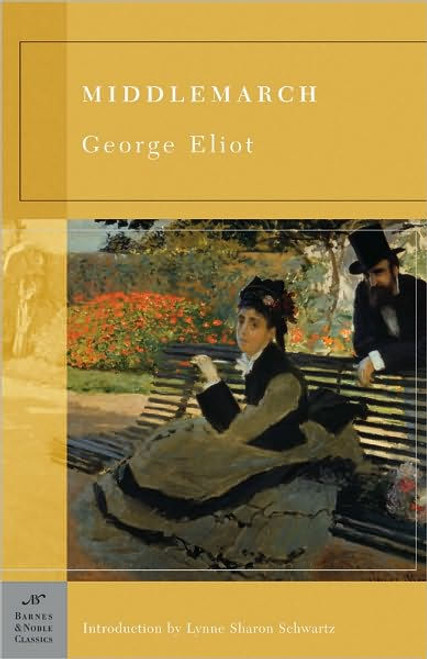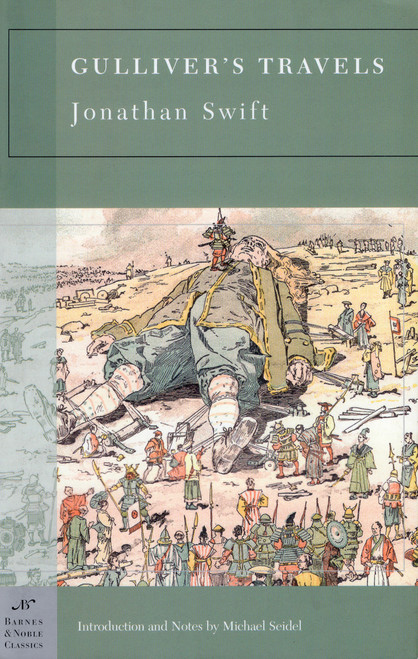Are evil and tragedy part of a cosmic plan that mere humans are blind to? Should we just accept our fates with the belief that everything happens for a good reason, that we live in "the best of all possible worlds"?
One of the finest satires ever written, Voltaire’s Candide savagely skewers this very “optimistic” approach to life as a shamefully inadequate response to human suffering. The swift and lively tale follows the absurdly melodramatic adventures of the youthful Candide, who is forced into the army, flogged, shipwrecked, betrayed, robbed, separated from his beloved Cunégonde, and tortured by the Inquisition. As Candide experiences and witnesses calamity upon calamity, he begins to discover that—contrary to the teachings of his tutor, Dr. Pangloss—all is perhaps not always for the best.
Filled with wit, intelligence, and an abundance of dark humor, Candide is unsparing in its attacks upon corruption and hypocrisy—in religion, government, philosophy, science, and even romance. Ultimately, this celebrated work says that it is possible to challenge blind optimism without losing the will to live and pursue a happy life.
About the Author
One of France's most celebrated citizens, Voltaire (1694–1778) is best known for his satirical novel Candide. His political treatises, which frequently put him at odds with the church and state, continue to exercise enormous influence on political theorists, philosophers, educators, and historians.
Gita May is Professor of French at Columbia University. She has published extensively on the French Enlightenment, eighteenth-century aesthetics, the novel and autobiography, and women in literature, history, and the arts.







